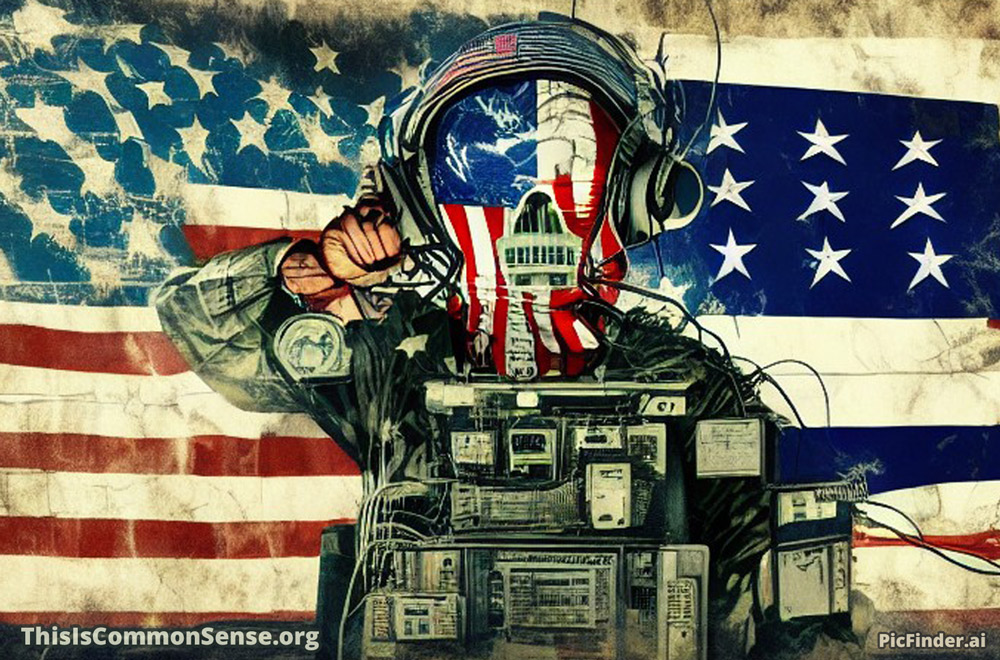Is it still capitalism if the capital is guaranteed?
“The U.S. government will guarantee all customer funds in Silicon Valley Bank (SVB) after a series of bad decisions and a run on deposits led to the bank’s collapse,” explains Elizabeth Nolan Brown in Reason.
Technically, the bank isn’t being bailed out. Its customers are. And that’s a lot more popular than bailing out banks directly. There are more bank customers who vote than bankers who vote — though there is probably more political donations from banks directly seeking banking policy “correctives” than bank customers doing the same. That’s almost apodictically true.
The most bizarre element? While the FDIC, the federal agency that insures depositors of this and similar banks, is designed to guarantee depositors’ capital up to a certain limited amount ($250,000, more or less), the regulatory triumvirate of Treasury Secretary Janet Yellen, Federal Reserve Board Chair Jerome Powell, and FDIC Chair Martin Gruenberg declare that “all depositors of this institution will be made whole.”
All.
Even the super-rich.
The key concept, here, is moral hazard — “The decision creates bad incentives for financial institutions and their customers” is how Ms. Brown puts it. We’ve been through all of this before. Is there really any question? The answers are in.
So, to the opening, Is it still capitalism if the capital is guaranteed? — if even Prince Harry’s fortune will be guaranteed — the answer is No.
Sorta.
It’s a special kind of capitalism. State-dominated capitalism; Neo-mercantilism; f***-ism. Use whichever term.
As we contemplate a profit-and-loss system without loss, and how the losses will be made up within the financial system, just remember that the federal government playing the role of Savior is not itself costless, and … its debt keeps growing. And the Ultimate Result of all this still looms.
Immoral hazard.
This is Common Sense. I’m Paul Jacob.
Illustration created with PicFinder.ai
See all recent commentary
(simplified and organized)
See recent popular posts

4 replies on “Is It Still Capitalism?”
In reference to an economic order, the word “capitalism” began as a term of derision, and never acquired a meaning that was both useful for other purpose and standard across dictionaries. Mostly, it has worked to allow the political left to confuse the more repellant or elitist forms of socialism with market economies.
The term “moral hazard” refers exactly to a perversion of incentives caused by a programme or policy. In the case of insurance whose premia do not fully reflect risk, moral hazard results in an economically inefficient increase in risk-taking.
Some depositors are more equal than others.
Wealthy Democrat donor depositors, for example. 10% for the big guy is an essential cost of doing business.
SVB was a popular bank for tech startups. Some companies had tens of millions of dollars deposited in SVB. While the $250k maximum for secured deposits is sufficient for most middle class families, it’s been said that that limit doesn’t apply to corporate accounts, only to private accounts. Were these startups ever subject to the $250k limit?
Good question! And the answer is yes, corporate accounts have the same $250,000 guarantee and limit to the guarantee.